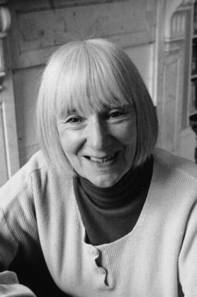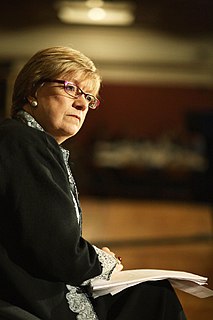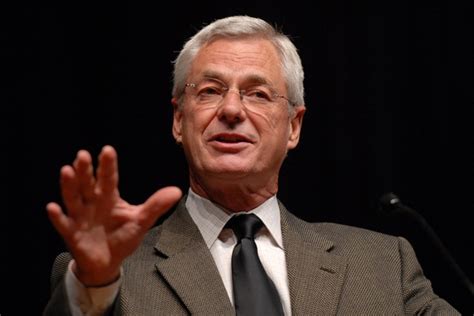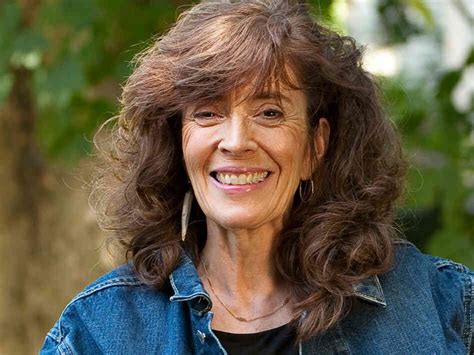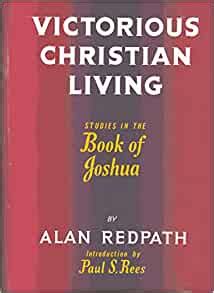A Quote by Henry Ward Beecher
We have the promises of God as thick as daisies in summer meadows, that death, which men most fear, shall be to us the most blessed of experiences, if we trust in him. Death is unclasping; joy, breaking out in the desert; the heart, come to its blossoming time! Do we call it dying when the bud bursts into flower?
Related Quotes
It was a heavenly summer, the summer in which France fell and the British Expeditionary Force was evacuated from Dunkirk. Leaves were never such an intense and iridescent green; sunlight glinted on flower-studded meadows as the Germans encircled the Maginot Line and overran not only France but Belgium and Holland. Birdsong filled the air in the lull between bursts of gunfire and accompanied the fleeing refugees who blocked the roads. It was as though the weather was preparing a glorious requiem for the death of Europe.
There are two kinds of death, the death which is inevitable and common to all beings, and the death which is voluntary and particular to certain ones of them only. It is the second death which is prescribed for us in the words of the Messenger of Allah: "Die before you die." The resurrection is accomplished for him who dies this voluntary death. His affairs return to God and they are but one. He has returned to God and he sees Him through Him. As the Prophet said - on him be Grace and Peace!
Death is the end of the fear of death. [...] To avoid it we must not stop fearing it and so life is fear. Death is time because time allows us to move toward death which we fear at all times when alive. We move around and that is fear. Movement through space requires time. Without death there is no movement through space and no life and no fear. To be aware of death is to be alive is to fear is to move around in space and time toward death.
[There are, in us] possibilities that take our breath away, and show a world wider than either physics or philistine ethics can imagine. Here is a world in which all is well, in spite of certain forms of death, death of hope, death of strength, death of responsibility, of fear and wrong, death of everything that paganism, naturalism and legalism pin their trust on.
We have to trust the Lord God for so many things, and it is but one thing more to trust him in the issues of life and death, and to accept the fact that his plans and promises and purposes transcend the bounds of this world and of this life. With such faith the years are kind, and peace and reconciliation do come to those who have laid to rest their loved ones - who, even in death, are not far removed from us, and of whom our Father in heaven will be mindful until we meet again even as we are mindful of our own children.
Marriage is a call to die [to self]... Christian marriage vows are the inception of a lifelong practice of death, of giving over not only all you have, but all you are. Is this a grim gallows call? Not at all! It is no more grim than dying to self and following Christ. In fact, those who lovingly die for their [spouses] are those who know the most joy, have the most fulfilling marriages, and experience the most love.
Flower god, god of the spring, beautiful, bountiful,
Cold-dyed shield in the sky, lover of versicles,
Here I wander in April
Cold, grey-headed; and still to my
Heart, Spring comes with a bound, Spring the deliverer,
Spring, song-leader in woods, chorally resonant;
Spring, flower-planter in meadows,
Child-conductor in willowy
Fields deep dotted with bloom, daisies and crocuses:
Here that child from his heart drinks of eternity:
O child, happy are children!
God felt, God tasted and enjoyed is indeed God, but God with those gifts which flatter the soul, God in darkness, in privation, in forsakenness, in sensibility, is so much God, that he is so to speak God bare and alone. Shall we fear this death, which is to produce in us the true divine life of grace?
It's taken years for me to understand that dying doesn't end the story; it transforms it. Edits, rewrites, the blur, aand epiphany of one-way dialogue. Most of us wander in and out of one another's lives until not death, but distance, does us part-- time and space and heart's weariness are the blander executioners or human connection.
The help of God does not come to us when we are indifferent. It comes to the man who is depending on God in the thick of the fight. It comes to the one who tarries for the vision in faith. It comes to the one who believes that he who waits upon the Lord shall never be confounded. It comes to the one who rests upon the promises of the Word. It comes to the man who lives by faith as if in the actual possession of the answer to his prayer, although the enemy is still around him. It is faith which turns distress into singing.
Do I fear death? No, I am not afraid of being dead because there's nothing to be afraid of, I won't know it. I fear dying, of dying I feel a sense of waste about it and I fear a sordid death, where I am incapacitated or imbecilic at the end which isn't something to be afraid of, it's something to be terrified of.

